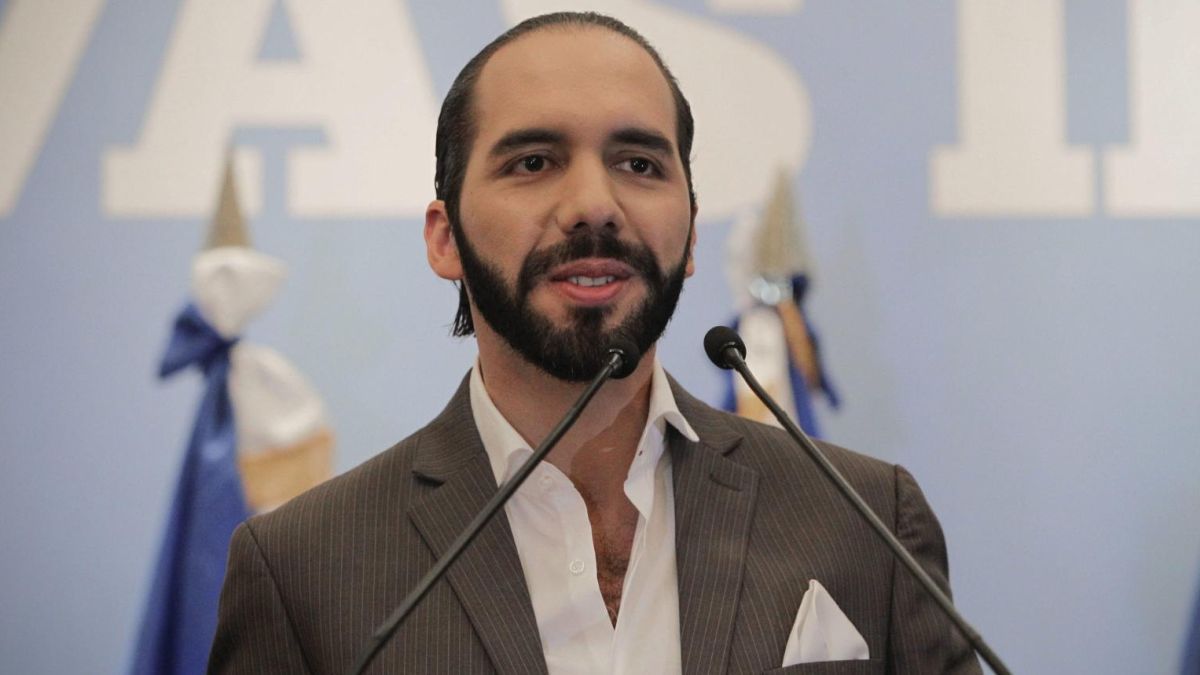Terminated contracts, stopped deliveries, price jumps – many consumers are currently feeling the turbulence on the electricity market directly. The government wants to react to the conditions.
To protect against extreme jumps in electricity prices, Federal Consumer Protection Minister Steffi Lemke (Greens) has announced that new rules will be examined.
“The federal government is monitoring the behavior of market players very closely and is examining possible regulatory steps,” said Lemke of the German Press Agency in Berlin. The consumer centers have already sent several warnings and announced more.
“We are currently dealing with price surcharges that are driving up the price of electricity to up to 90 cents per kilowatt hour,” said Lemke. “This can in no way be justified by what is happening on the market.” Economics Minister Robert Habeck (Greens) had previously announced that the liberalized gas and electricity markets would be reviewed.
Cheap providers and rising prices
The background is that many low-cost providers have experienced turbulence and have canceled thousands of contracts. In view of the increased prices for electricity and gas on the exchange, they are often unable to meet their obligations to cover their costs due to a lack of long-term contracts. The energy expert of the Federal Association of Consumers, Thomas Engelke, told the dpa: “In spite of contractual agreements, numerous electricity and gas providers have withdrawn from the market and unilaterally stopped supplying their customers.”
Lemke emphasized: “Recently there have been mass cancellations of electricity contracts, some of which are apparently illegal.” Consumer centers provided comprehensive information about this on their websites and also provided sample letters for claims for damages.
Engelke said: “The good news is that nobody has to be afraid of sitting in the dark or of having to freeze.” If low-cost providers have stopped supplying their customers, they automatically end up with the so-called basic suppliers in the respective municipality. However, according to Engelke, the basic suppliers then demanded in some cases completely inflated prices from the new customers. “This two-tier system undermines competition.”
Leonhard Birnbaum, CEO of the energy company Eon, was annoyed by the behavior of the electricity discounters. “They gave up the customers to the basic suppliers, who are now ensuring the delivery, and stole their responsibility,” he told the dpa. Existing customers often have to pay extra for new customers. “You have to think about new rules that such behavior in the interests of consumers is no longer possible.”
Reasons for price increase
According to Lemke, a “certain surcharge” for new customers should be accepted if consumers fall back on the replacement supply from the default supplier and the latter then has to buy electricity more expensively in the short term. “But I think a tripling or similarly high surcharges are absolutely disproportionate,” said the Green politician.
In order to examine possible regulatory steps, “we will also speak directly to the energy industry,” said Lemke. “We will not allow it to be dumped on consumers if cheap electricity providers go bankrupt or terminate contracts en masse.”
A spokesman for the Federal Ministry of Economics had explained: “The price increase is due to several components.” In addition to the procurement costs for gas, electricity prices depend on network charges and electricity taxes, among other things. Check possible changes. There are still no statements as to which components something needs to be done. Taxes and duties are not the only issue.
Consumer center expert Engelke demanded: “More transparency and stronger supervision are needed.” The fact that some electricity and gas providers have opted for a short-sighted business model is also due to insufficient transparency obligations and insufficient regulation. “Politics must make consumer protection in the energy market more crisis-proof.”
Engelke recommended consumers who have to pay a lot more when automatically switching to the basic supplier to switch to a cheaper tariff. “But that’s difficult at the moment.” The consumer centers offer advice. “This is also about possible claims for damages.”
According to information from the consumer advice centers, there are now seven warnings nationwide and one threat because of the cessation of electricity supplies, the termination of contracts or because of extreme price increases – five of them in North Rhine-Westphalia alone. “Further warnings are being planned,” said a spokesman.
Source From: Stern
Jane Stock is a technology author, who has written for 24 Hours World. She writes about the latest in technology news and trends, and is always on the lookout for new and innovative ways to improve his audience’s experience.




